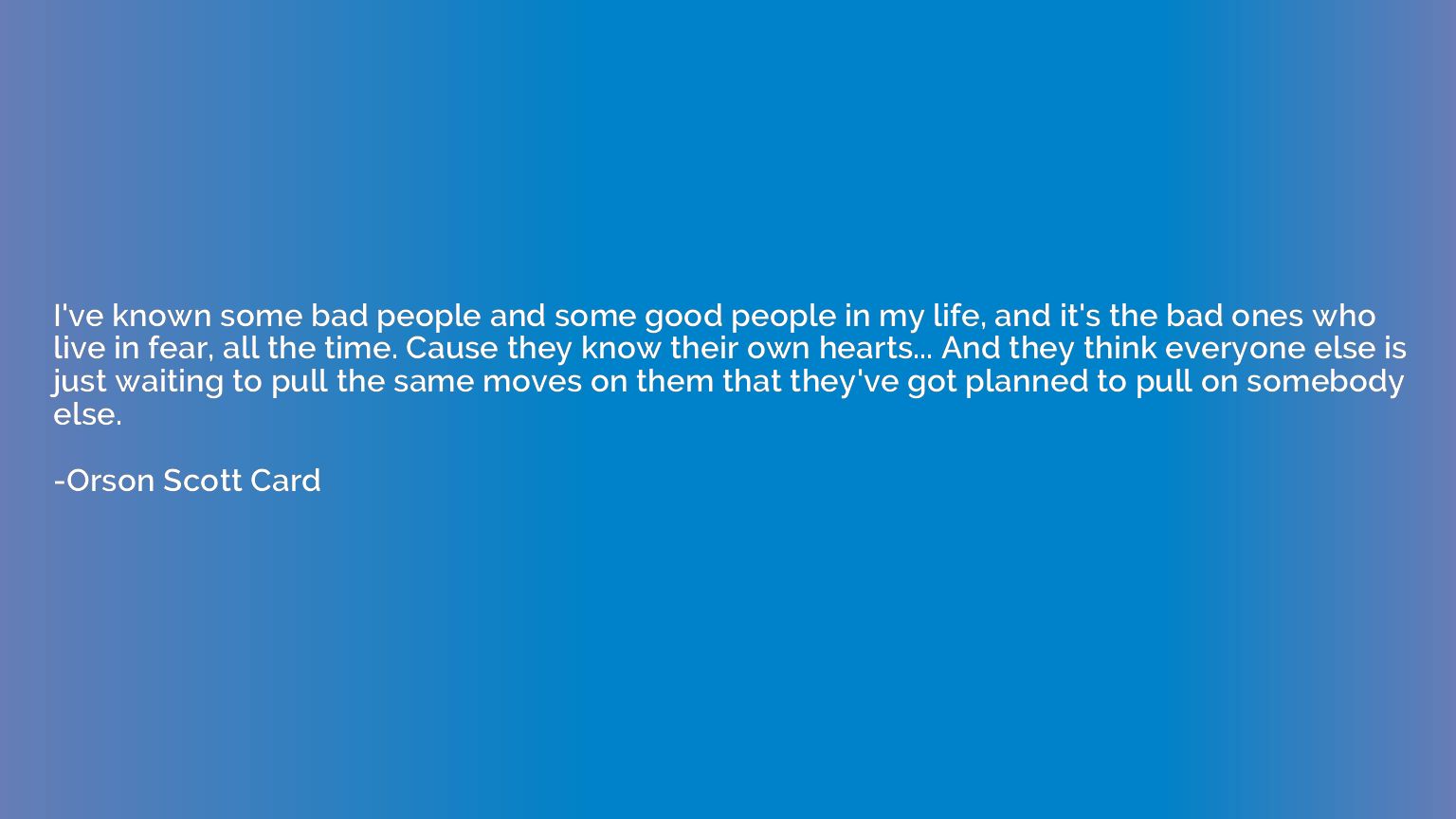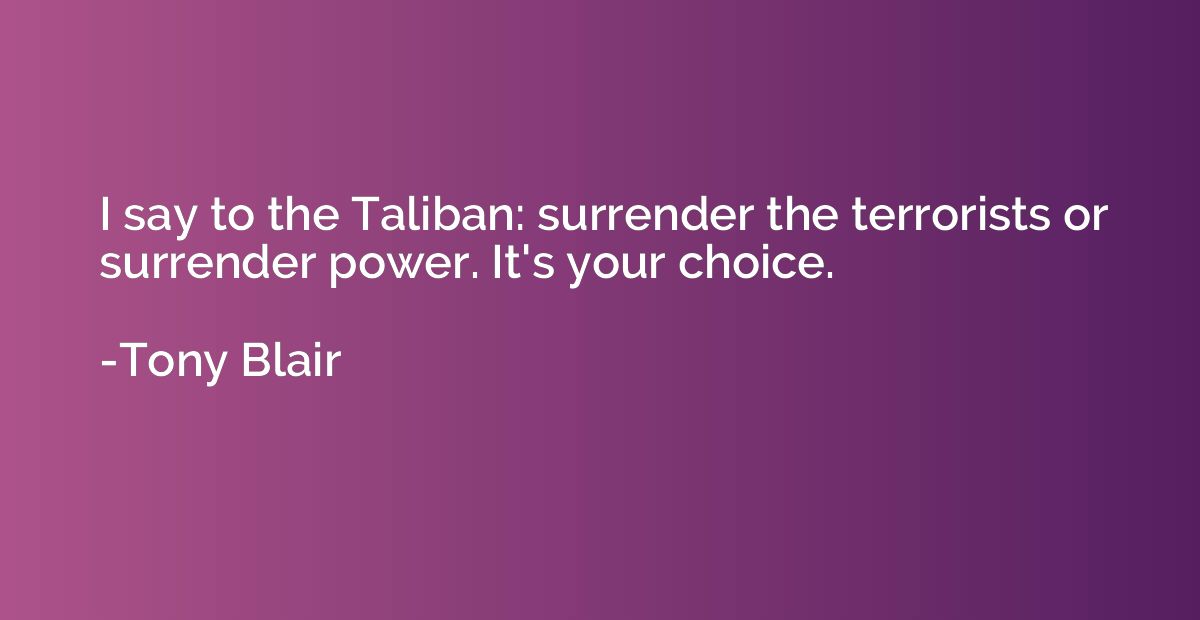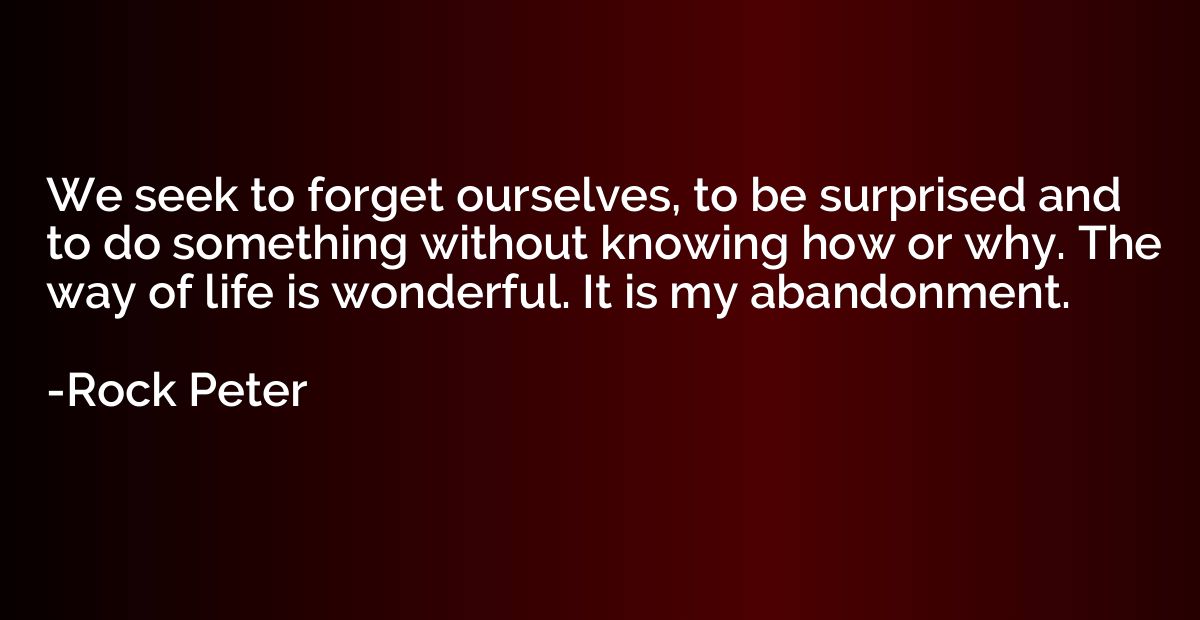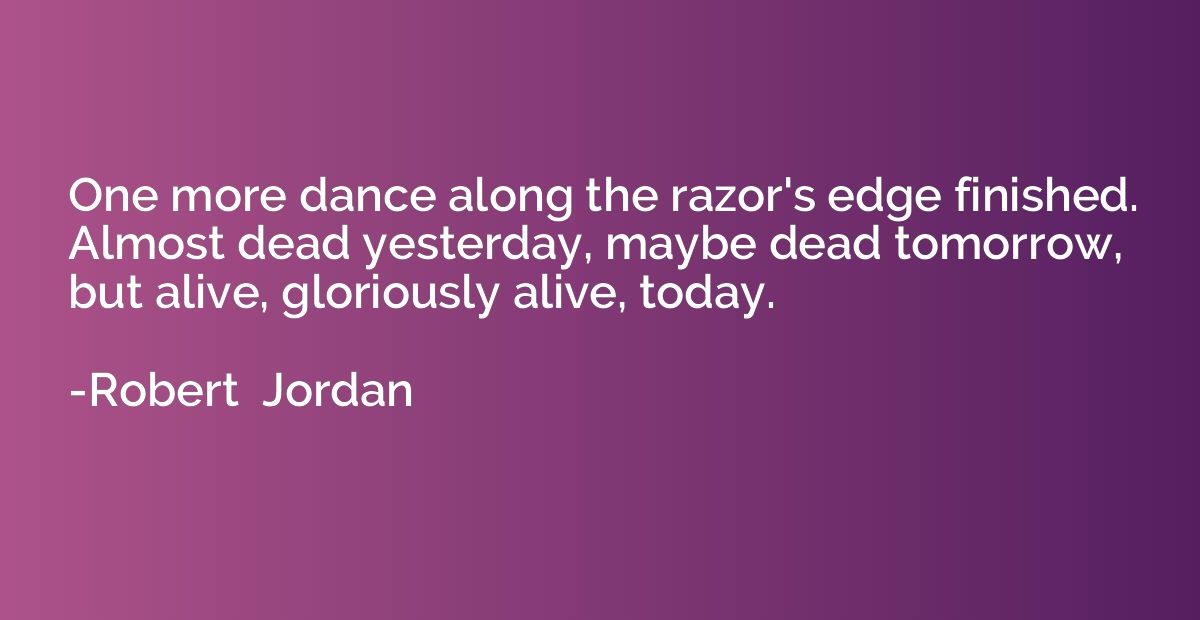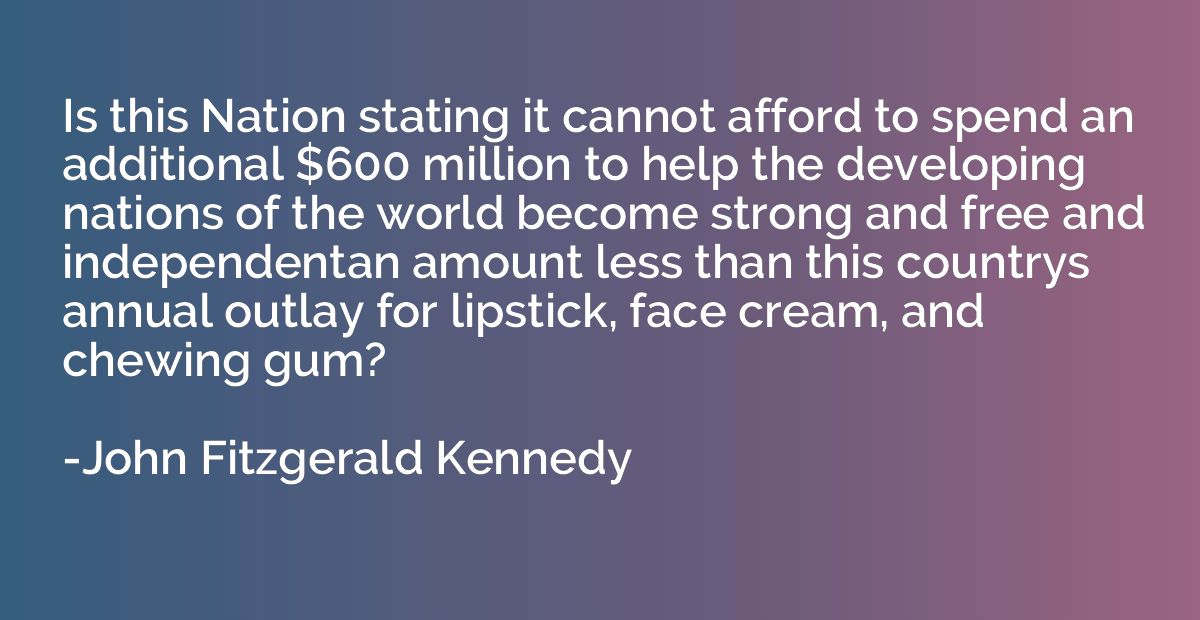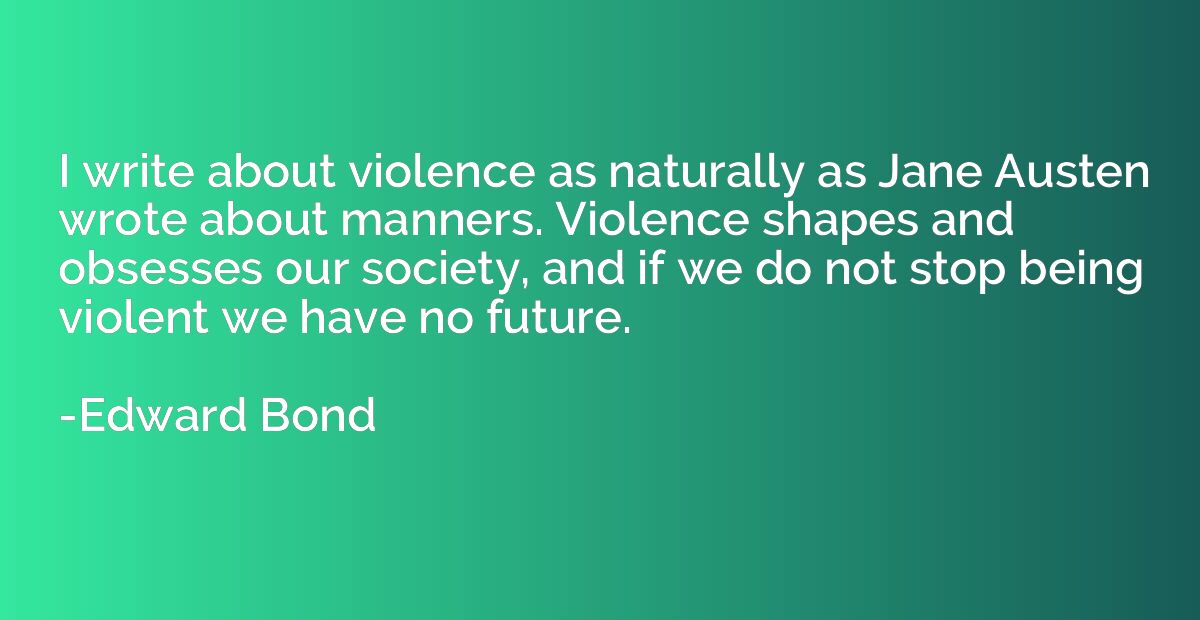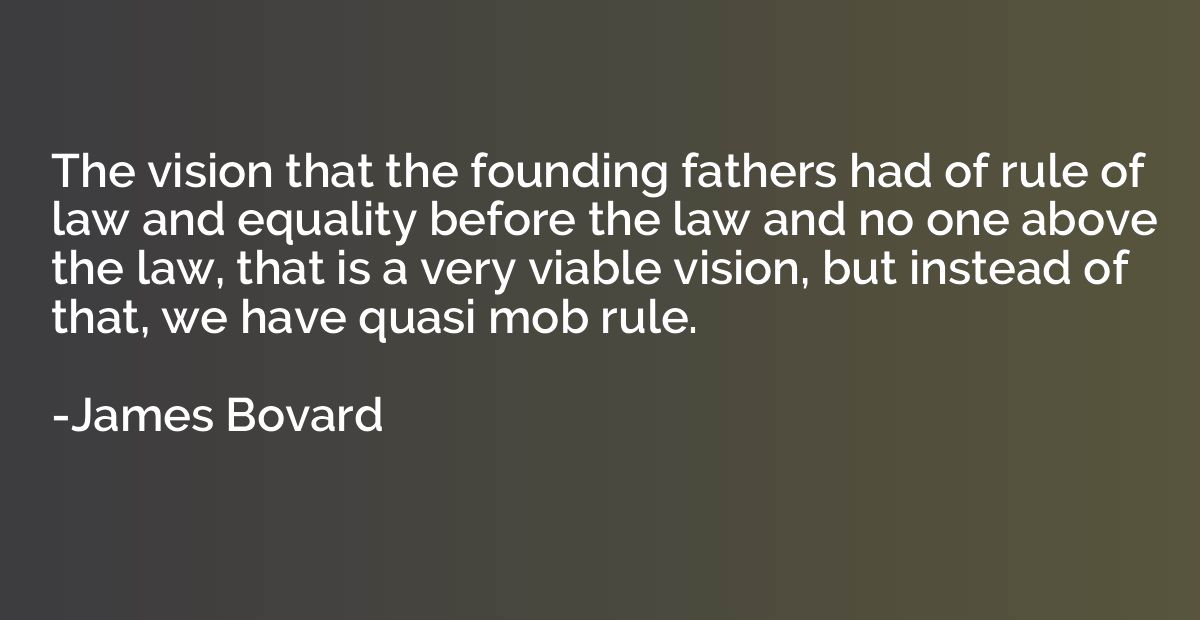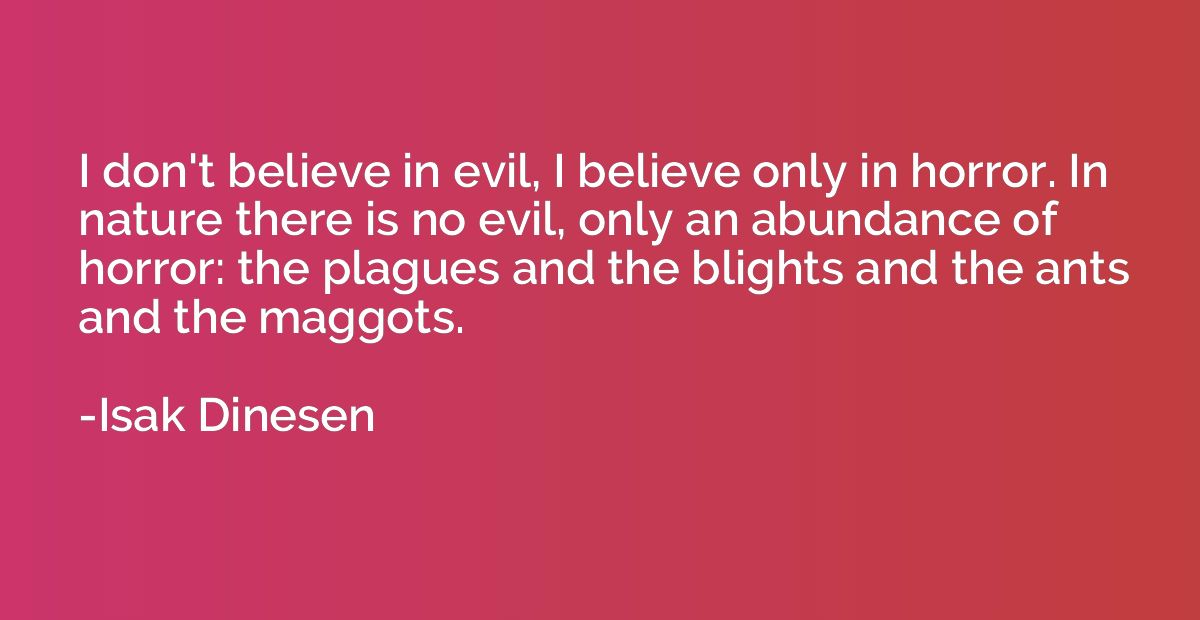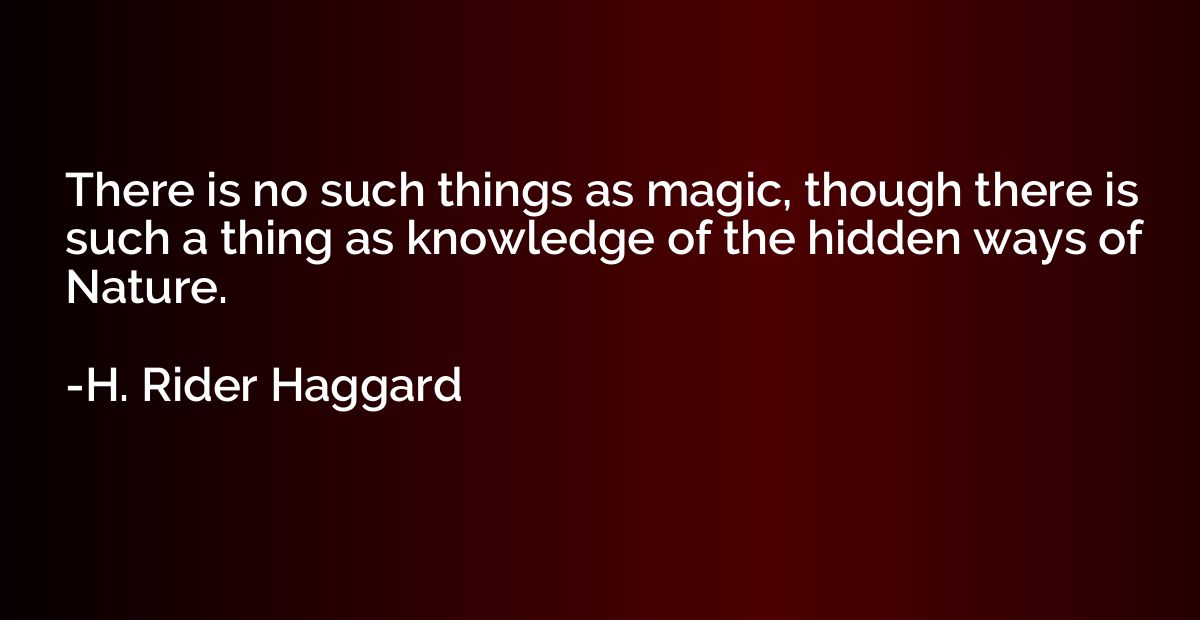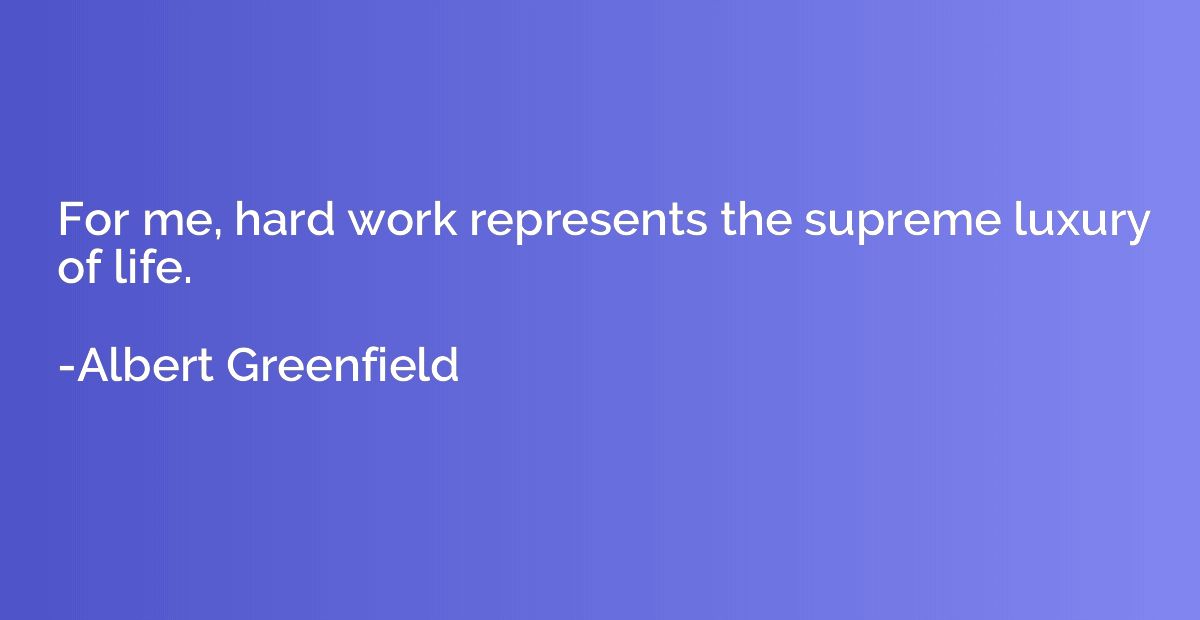Quote by Barry Goldwater
It's a great country, where anybody can grow up to be president... except me.
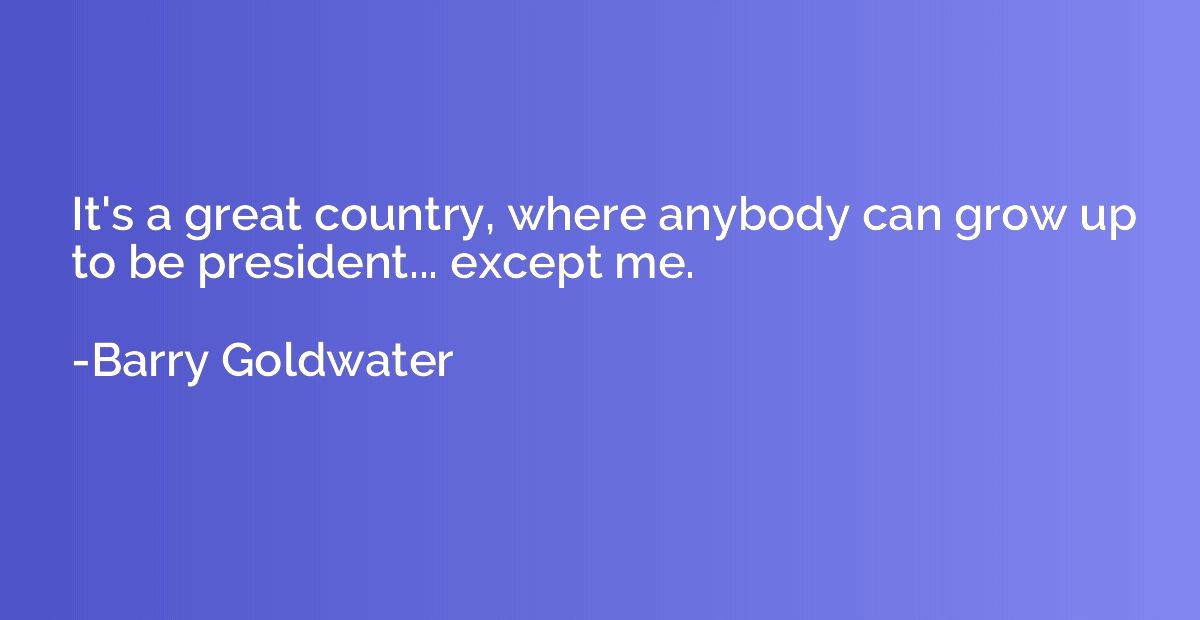
Summary
This quote highlights the irony of the American dream and the belief in equal opportunities. It suggests that while the United States claims to offer anyone the chance to become president, the speaker perceives themselves as an exception to this possibility. The statement may reflect a sense of self-doubt, low self-esteem or a perception of societal barriers that prevent the speaker from achieving such a prestigious position, despite the supposed openness of the system.



